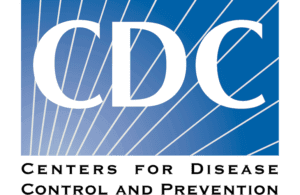 CDC’s Advisory Committee on Immunization Practices (ACIP) unanimously recommended two doses of GlaxoSmithKline’s (NYSE:GSK) Shingrix (a recombinant adjuvanted zoster vaccine) for adults 19 and older with immunodeficiency or immunosuppression as a result of disease or therapy.
CDC’s Advisory Committee on Immunization Practices (ACIP) unanimously recommended two doses of GlaxoSmithKline’s (NYSE:GSK) Shingrix (a recombinant adjuvanted zoster vaccine) for adults 19 and older with immunodeficiency or immunosuppression as a result of disease or therapy.
CDC considers Shingrix to be an adult vaccine, and its recommendation is for the adult immunization schedule, which begins at the age of 19.
In addition, ACIP was unanimous in backing Merck’s (NYSE:MRK) and Pfizer’s (NYSE:PFE) pneumococcal vaccines in elderly and immunocompromised adults.
ACIP will share the recommendations with the director of the CDC and the US Department of Health and Human Services for review and approval.
Shingrix first won FDA approval in 2017 to prevent shingles in adults aged 50 and older. In July of this year, the agency extended approval to include adults aged 18 and older with an elevated risk of developing shingles as a result of immunodeficiency or immunosuppression.
Shingrix was the first shingles vaccine to win an indication for immunodeficient or immunosuppressed individuals.
GSK submitted clinical study data evaluating the safety and efficacy of Shingrix in adults at least 18 years of age. Patients in that study had either received an autologous haematopoietic stem cell transplant (auHSCT) or were receiving treatment for hematological malignancies. GSK had also collected relevant data from adults who were immunodeficient or immunosuppressed as a result of having HIV, solid tumors or receiving a kidney transplant.
In general, FDA recommends that healthcare workers administer Shingrix in two doses spaced with a six-month interval between. For immunodeficient or immunosuppressed adults, healthcare workers can administer a second dose one to two months after the first.